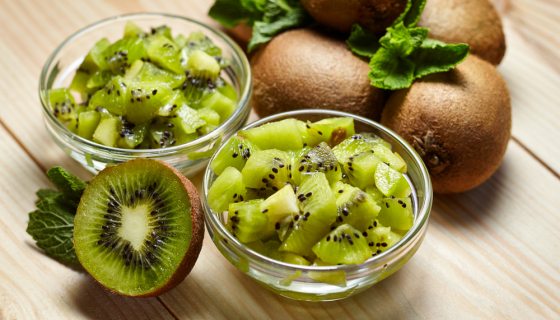
Despite it being an activity that we all do, often times every day, pooping is not a subject that comes up often in polite conversations. More often than not, it is tucked away, or a source of embarrassment, the butt of a joke, and so on. However, pooping is no laughing matter. Serious difficulty pooping can point to serious medical issues that need to be addressed as quickly as possible. Of course, it could also be that a lack of fiber is causing your toilet trouble. Filling out your fiber will beef up your stool, which will help with bowel movements.
10. Raspberries
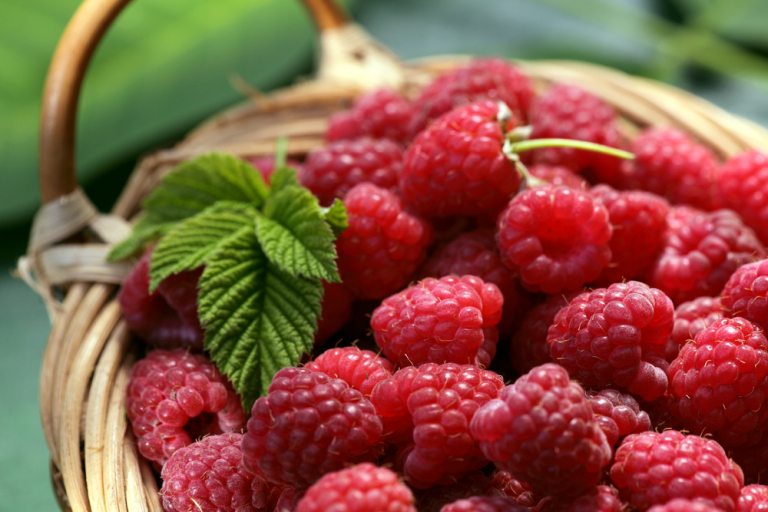
Natural sources of sugar tend to be better balanced than artificially sweetened food items. Raspberries pack a powerful flavor punch and appreciable levels of dietary fiber per 100 grams. They are even safe for diabetics to consume in moderation because they can also keep your blood glucose at the appropriate level by slowing the rise of blood sugar. Furthermore, they can contribute to heart health by keeping cholesterol levels under control through the way they pull cholesterol away from the heart. Raspberries can also provide a feeling of fullness, which helps to keep you from eating too many of them.
9. Apples
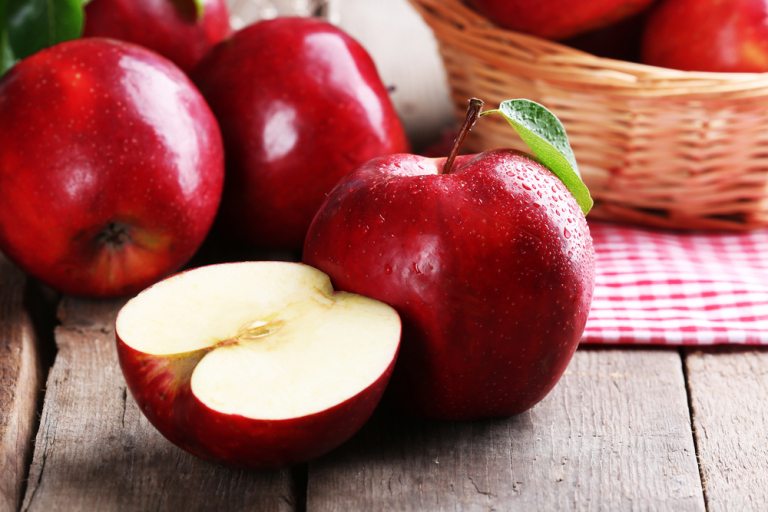
An apple a day staves off more than just doctors. This popular fruit provides significant levels of fiber, typically between 2.5 to 5 grams of it, which as you know, keeps away constipation. What makes apples particularly special is their abundance of flavonoids, which may provide various health effects. They also contain a smattering of vitamins and minerals which can help the immune system, improve eye, skin, and hair health, and other benefits. Additionally, apples do not contain much in the way of sugar or fat, making them quite the healthy snack, particularly when they are paired with peanut butter.
8. Popcorn
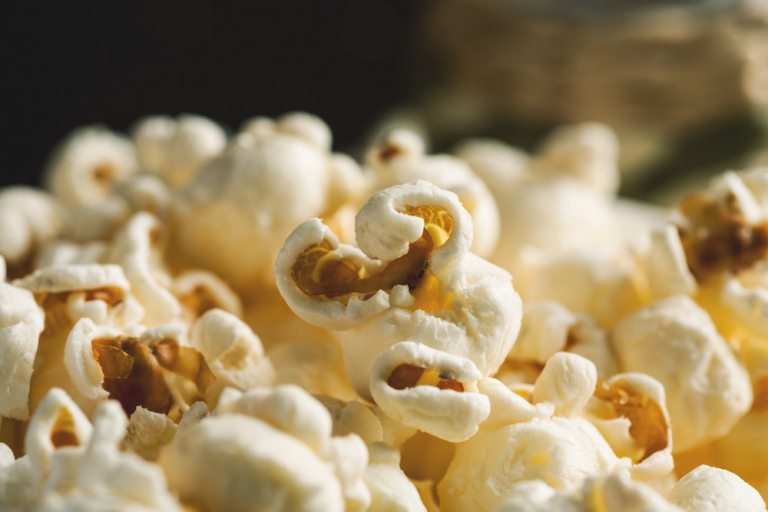
What makes popcorn great for bowel movements is its balanced nature as a snack food. Believe it or not, popcorn is a healthy snack food; it’s the addition of too much butter, salt, sugar, or cheese that makes it unhealthy. For the person who loves plain, or even alternatively seasoned popcorn, it’s a healthy, low-calorie snack that packs on the fiber. 100 grams is enough to get half your RDA of fiber, along with significant levels of Vitamin B-6, magnesium and even a fair bit of protein as well, with basically no fat or sugar thrown in the mix.
7. Rice
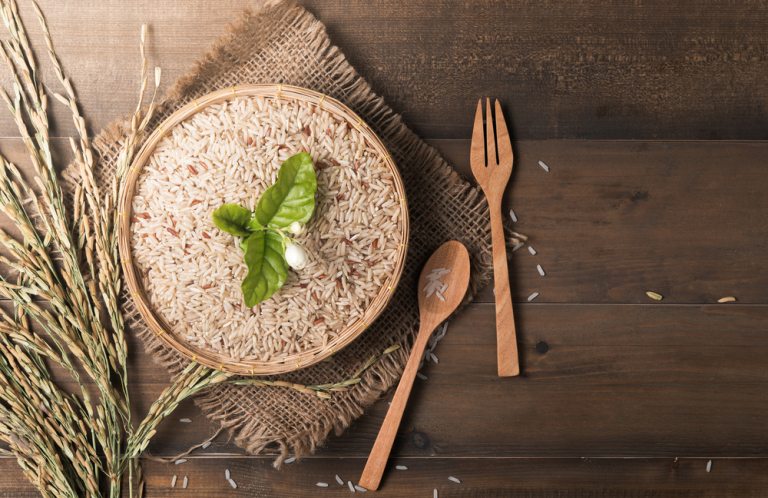
Rice, like a number of grains, possesses a very strong fiber content. In fact, there are studies that have shown people who eat significant levels of rice generally appear to be less prone to constipation. When it comes to avoiding constipation, however, not all rice is created equal. Your best bet is going to be brown rice because it has approximately 4g of fiber; this is a significantly higher yield than the 1g that can be found in white rice. Brown rice will also net you more nutrients overall than its white counterpart, even if the white rice is enriched.
6. Edamame
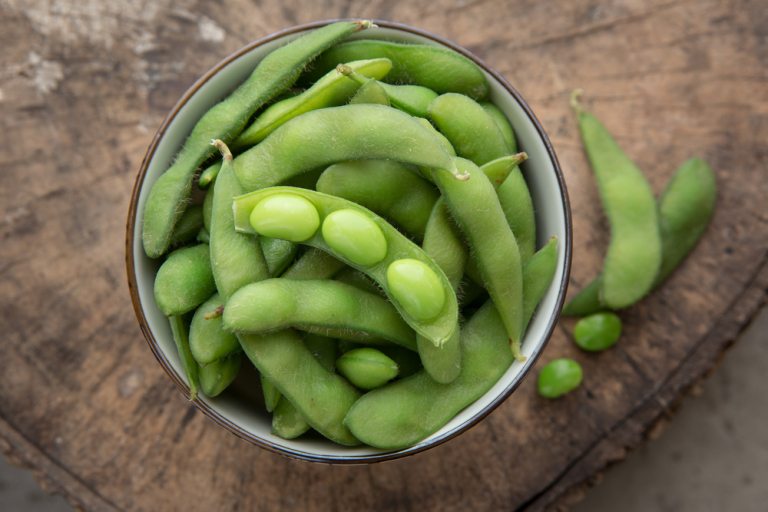
Is it a coincidence that edamame is on this list with rice? Possibly. These crispy green beans yield significant nutritional goodness even apart from their fiber and their flavor. Specifically, the protein content of edamame makes them a great source for those who adhere to vegan and vegetarian diets. Weighing in between 5-8 grams of fiber (per 100 grams), edamame also possesses significant potassium, and basically no salt or fat at all, serving to further emphasize its role as a meat alternative, given that most red meats are full of salt and fat, which can cause problems for heart health.
5. Orange
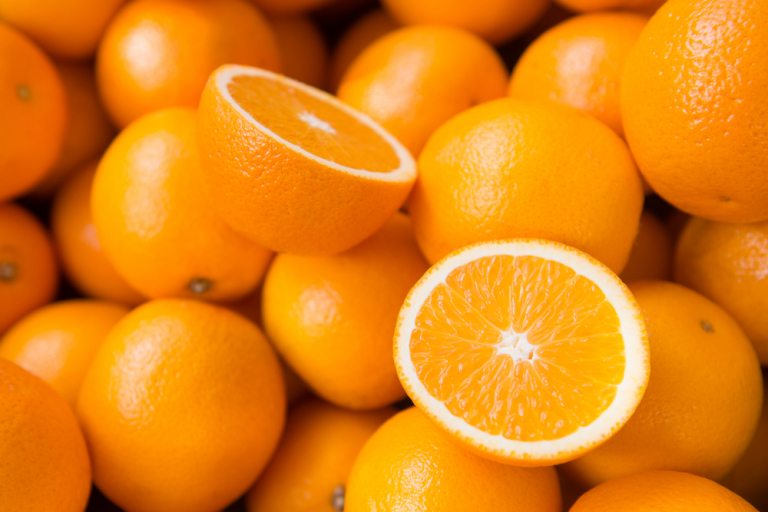
Another popular fruit, oranges bring a lot to the table nutritionally speaking. Typically, you hear about oranges, and orange juice, for their Vitamin C content, which helps the body by strengthening certain components of the immune system. To be fair, it is impressive; but that’s only one reason to be drinking orange juice (with pulp) or going straight to the source with a good ol’ orange. They provide calcium, magnesium, and vitamin A. The sugar content can be a concern for diabetics, who may want to choose smaller fruits, or blend oranges in as part of a larger fruit profile.
4. Flax Seeds
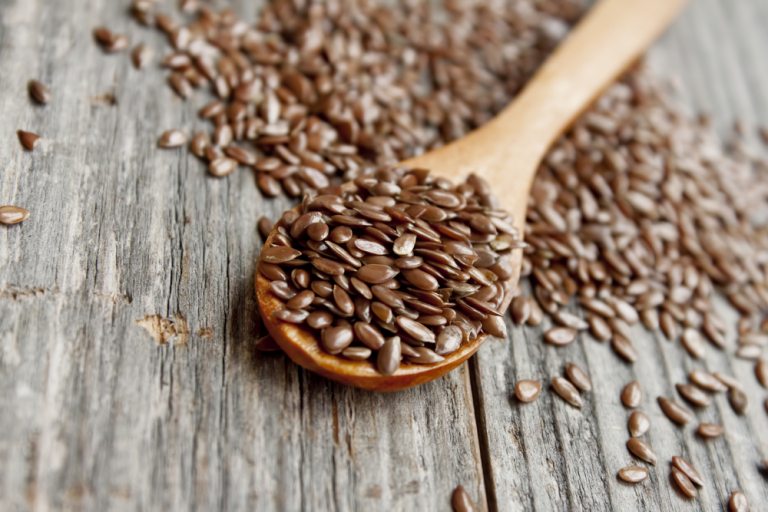
Don’t let their tiny size and unassuming color fool you. Another grain, flax seeds are a nutrient powerhouse. Grinding or soaking the seeds has proven to be an excellent means to make the most of them; this means it’s time to get out the blender and mix up some drinks. 100 grams of flaxseed is more than enough to meet your RDA, but the benefit doesn’t stop there. Like edamame, flaxseed possesses significant levels of protein, making it another meatless alternative. While it does contain some fat, flaxseed also provides a lot of potassium, calcium, and Vitamin B-6 as well.
3. Kiwi Fruit
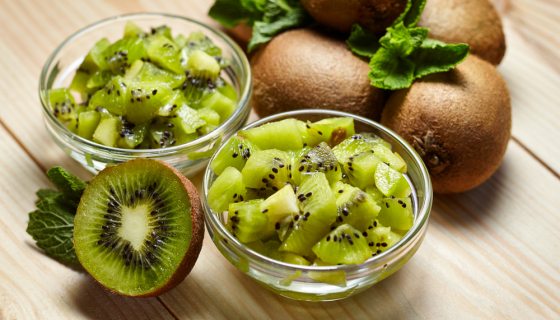
Boasting, even more, Vitamin C than oranges, kiwifruit are also an excellent source of fiber. They tend to have an average of 3 to 5 grams of fiber, and along with that, only 9 grams of sugar. This limited level of sugar is one thing that sets kiwi apart from other fruits that are much higher in sugar; such fruits can cause flatulence, and in some diabetic cases, they can adversely affect blood sugar. Kiwifruit does not cause these problems. It also has a wide range in terms of taste, depending on which variety of the fruit you are eating.
2. Oats
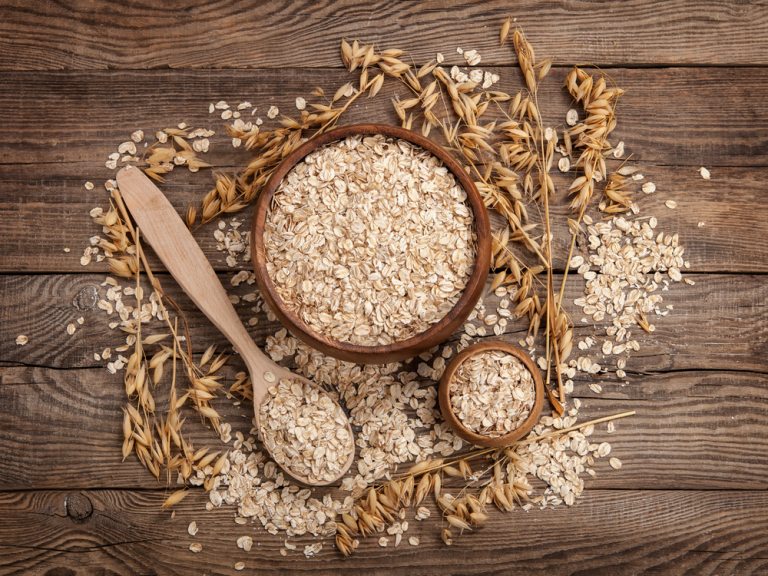
Are you seeing any trends among high fiber foods? Oats, closely related to wheat and barley, has been a staple for many peoples for generations. A solid source of energy, oats also yield significant levels of fiber, almost half the RDA, in fact. Oats, especially the fortified variety, can provide the body with several essential minerals, most notably potassium, magnesium, and iron. These three alone are responsible for heart health, as well as healthy bones and an efficient nervous system, muscle health and responsiveness, and the regulation of blood sugar, along with many other applications the body needs to function.
1. Bulgur
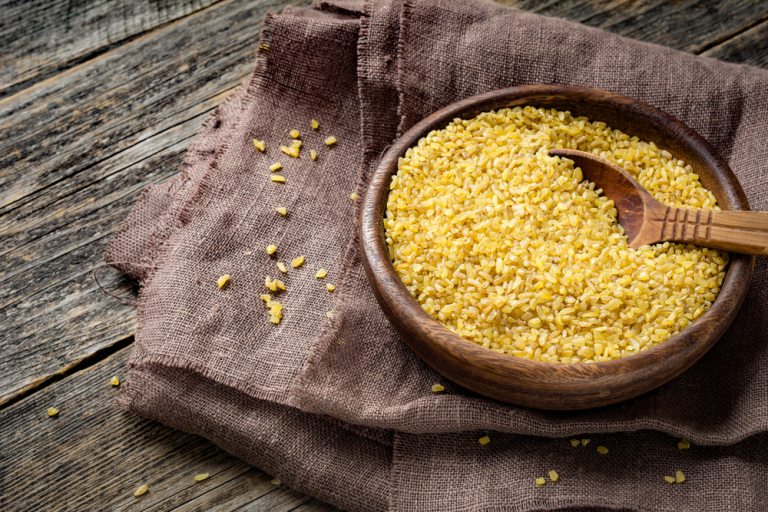
Have you heard of bulgur? It’s a cereal made from a combination of various wheat species popular in Europe and Asia. Boasting a somewhat nutty flavor, it is a whole wheat that is a staple in Indian and European cuisine, where it fills a variety of roles. It has an incredible fiber content, surpassed only by flaxseed on this list. Bulgur also has appreciable levels of Vitamin B-6, magnesium, iron, protein and potassium. It is a strong source of energy that provides very little fat, which makes it one of the most well-rounded foods among those high in fiber.
At the end of the day, everybody poops, but it’s up to you to decide which foods are best to eat to help the process along. Adding more fiber to your diet can keep constipation away, and as these items have indicated, there’s a whole lot of nutrition you can squeeze out along with your dietary fiber content. Many of the items on this list are quite easy to add to a healthy diet. Don’t pinch it off there though; after all, you can further help your digestion by drinking lots of water in addition to meeting your fiber needs.
(Source: HealthiGuide)
